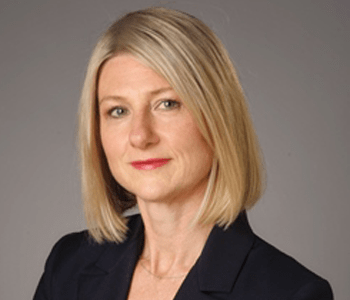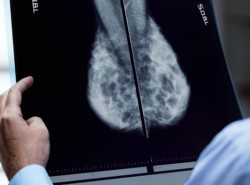
Study into risk-mitigating behaviours of those with high risk of breast cancer
Published: 10/9/19 1:48 AM

Kelly-Anne Phillips
Australian women who have been identified with a high-risk of breast cancer often don’t undergo recommended cancer prevention and screening procedures.
This study will use interviews and surveys to study women enrolled in the kConFab (Kathleen Cunningham Foundation Consortium for Research into Familial Breast Cancer) Follow-Up Study to determine why; from the perspectives of high-risk women and their clinicians.
High-risk women include those who have the BRCA1 and BRCA2 gene mutation, either themselves or in their family, or have a strong family history of breast and/or ovarian cancers.
The range of potential options available to manage cancer risk includes intensified screening such as MRI scans, tablet medications that reduce cancer risk, and surgery such as preventive mastectomies.
Professor Phillips believes reasons for the limited take up of these options could include concerns about side effects, lack of knowledge about available options by both women and their doctors, and perhaps difficulty accessing the full range of options, particularly for women in rural and regional Australia.
However, the study is also expected to discover important barriers to uptake that have not previously been considered.
She says there is an urgent need to more fully understand why high-risk women do not take steps to reduce their chance of developing breast cancer. This information will inform the development of educational materials and changes to health policy that will reduce the national cancer burden by helping women get the best care.

